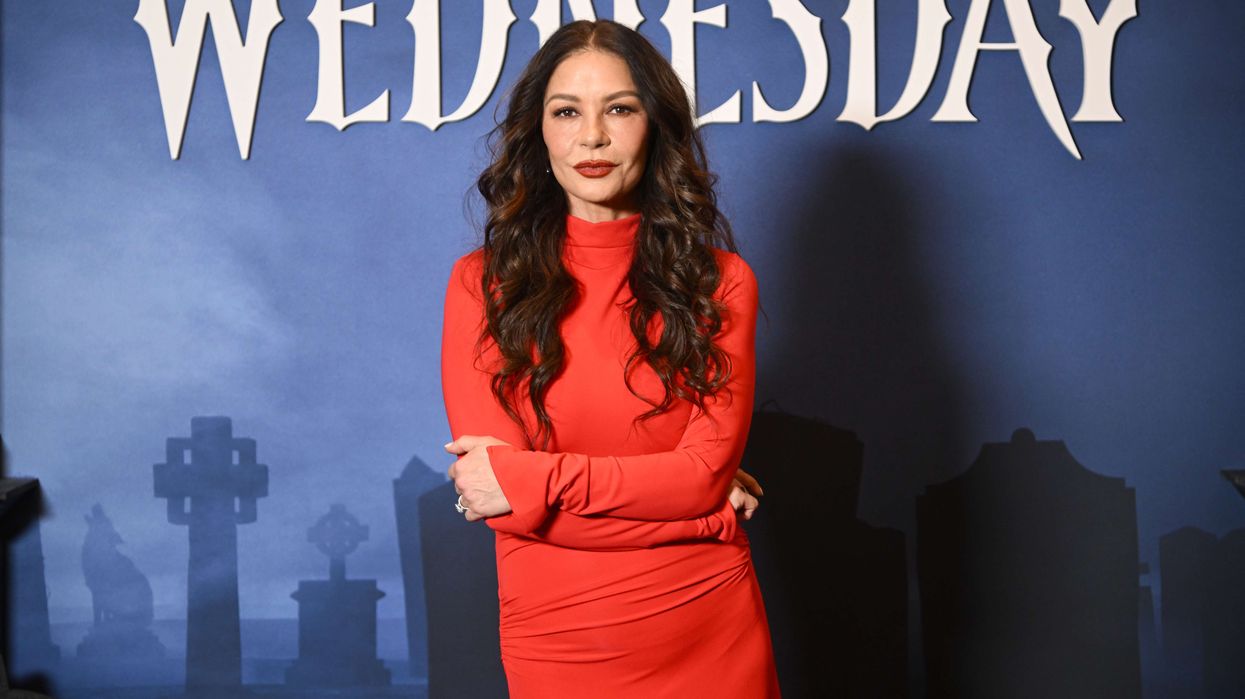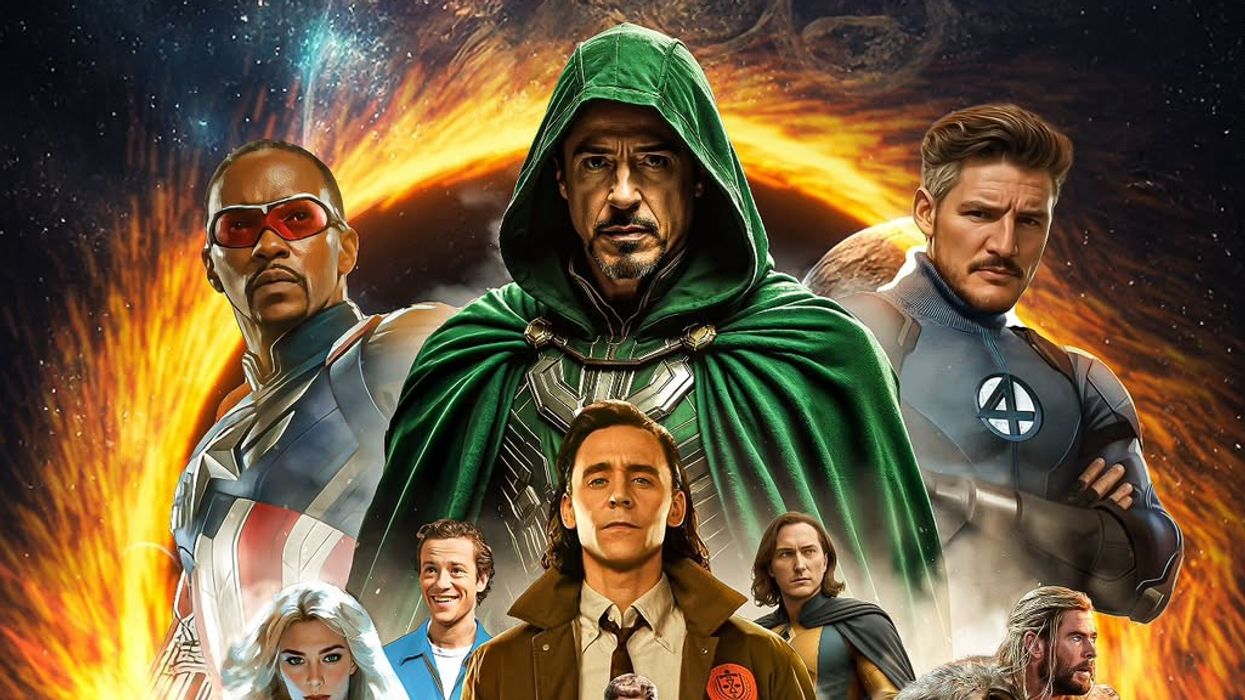WHEN the GG2 Power List interviewed Venkatesham Venkatesham last year, rain was streaking the window of his office in the marketing department over which, as Arsenal chief commercial officer, he presided.
This year’s re-match was in the original boardroom, lovingly transferred panel by panel from Highbury to the Emirates, and Venkatesham had been promoted, elevated upwards metaphorically at least (“I haven’t gone up a floor, I’ve stayed exactly where I am”) as managing director of Arsenal Football Club.
The announcement of his new position last September came hot on the heels of Arsène Wenger’s substitution after 22 years and CEO Ivan Gazidis’s anticipatory hop to the San Siro in Milan.
Venkatesham’s news made it into his profile minutes before the 2019 GG2 Power List went to press, but there had been no chance to talk about his fresh and unexpected role.
The promotion was a surprise not least because there had previously been no such position at Arsenal. Arsène had been a manager with wide powers and responsibilities, and Gazidis had been in charge on the business side, under the shareholders on the board. The new model has changed all that, along with ownership of Arsenal Holdings plc, which last August became the wholly-owned vehicle of American father-and-son team Stan and Josh Kroenke.
Venkatesham appeared relaxed and assured as he outlined the new tripartite management model on a sunny day in July.
“Effectively Raúl [Sanllehí, who joined Arsenal in February 2018 from FC Barcelona as director of football relations] and I are peers and we run the club together,” explained Venkatesham.
“Raúl is predominantly responsible for everything on the pitch and I am predominantly responsible for everything off the pitch. Every major decision that we make on the pitch I am actively involved in. Every major decision we make off the pitch, Raúl is actively involved in.”
Whereas Wenger was much in overall charge of both coaching and administrative matters – arguably leading to contractual oversights, one of which resulted in losing star player Aaron Ramsey – new head coach Unai Emery is specifically responsible for the performance of the first team (“That’s what he wants to do, that’s what he believes his strengths are and where he is focussed”).
It has been a year of transition for both the club and Venkatesham personally, but not too uncomfortable. “I guess the nice thing about being an internal hire, especially as I have been at Arsenal for so long, and I’d worked really closely with Ivan for a lot of that period, is that I knew exactly what the job was, which is always a great help,” he says.
Even with an untested management structure and ownership, Arsenal came in fifth (missing out on Champions League football) but did reach the final of the Europa League – where they lost rather tamely in Baku to arch enemies Chelsea. Might the season best be summed up as something of a tale of two halves.
“I think when you look back, if you had said to me at the start that we would finish fifth, a couple of points behind third position, and would have got to the Europa League final – and Unai and his team would have assimilated into the club as well as they have – I’m not necessarily saying I would have taken it, but I would have thought that that was a decent result,” Venkatesham reflects.
“Our goal last season was to get into the Champions’ League and the fact that we didn’t means I can’t sit here and say we achieved our objectives. But I definitely don’t think it was bad for a transition season.”
Not too shabby for Venkatesham, either, whose doctor father came over on his own to England from Hyderabad in south India in the early 1970s. “He arrived in London with no money and his first job was in Newcastle. He’d never been cold before, never seen snow before.”
Venkatashem’s mother followed from India and eventually the family settled in Twickenham, running a medical practice in nearby Chiswick. His mother managed it and his father retired a couple of years ago, handing over to his older, doctor sister.
As a child Venkatesham went to the independent Latymer Upper School, in London, then read economics and management at Oxford, securing a post-graduation corporate perch at Arthur Andersen that vanished with the collapse of Enron in 2002.
He briefly became an oil trader (“I was too sociable a person to be on the phone and in front of a computer all day”) before moving to Deloitte and then in 2006 spotting an opening around the upcoming 2012 London Olympics.
“I wasn’t necessarily looking to leave Deloitte,” says Venkatesham, “but I thought, this is the world’s biggest sporting event, happening in my home city: the definition of a once-in-a-lifetime opportunity.”
It was a risky change of course, raising £2 billion in sponsor money for the upcoming games, but Venkatesham decided to throw himself into the task: “I was young enough – I didn’t have kids, didn’t have a mortgage – that I was able to be drawn into this exciting challenge.”
The pre-Olympics job came with redundancy built-in, but by 2010, after the money was secured and the office was closing, Venkatesham had carved a new career for himself: “I went from having no experience of working in sport to having done some of the world’s biggest sponsorship and hospitality, ticketing and licensing deals.”
He is proud of the fact that in his new Arsenal role he has secured sponsors and partners on every continent. “One of the wonderful things about Arsenal football club is its extraordinary reach internationally, and it’s almost difficult to explain how popular and well-known Arsenal is across the world,” he says.
Venkatesham made worldwide deals, especially in Asia and Africa, and finding partners in upcoming tech and fintech (financial technology).
In November 2017 he was made an independent non-executive director of the British Olympic Association (the National Olympic Committee for the UK).
Venkatesham says he feels “the sense of privilege and the sense of responsibility to effectively be running Arsenal,” and endorses the new set up. “But if you ask me what some of the negatives are about having this role, I would answer that I am quite a private person and I think I am pretty low ego,” he adds. “Put it this way, if I am at a dinner-party you have to claw it out of me for me to tell you what I do. The other side of the balance, which I also accept is, rightly or wrongly, that because of my ethnicity I am a role model for some people.”






